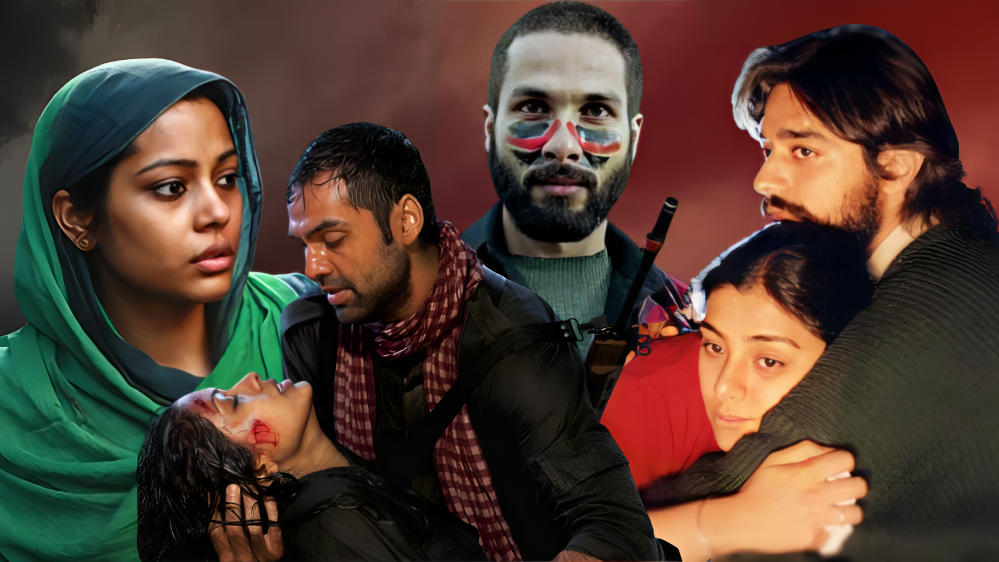
Five political thrillers Bollywood made before going saffron
From Naxalites to student politics, these films reminisce about days when Indian cinema had a spine
KARACHI:
He may have conceded defeat in Uttar Pradesh, Bharatiya Janata Party’s stronghold, but India’s right-wing Narendra Modi is all set to reprise his role as the country's prime minister for the third time. For many on the left end of the political spectrum or the ones styled as simply undifferentiated critics of the right, Modi’s long reign chronicles a steadily rising conservatism.
Gone are the days of Project Milaap, brought to you by a romantic Shah Rukh fashioned more into a utopian Fevicol of political discord than a pragmatic broker of peace. 20 years after Veer Zaara, BJP’s consecutive tenures under Modi’s leadership have all but mainstreamed the F-word charge. Fascism may not be the official policy but Bollywood’s new wave of films is certainly embracing all its tools.
Recent disappointments such as Fighter and Akshay Kumar’s regrettable string of jingoistic films (including Bell Bottom and the upcoming Sky Force) have given cinephiles much to lament. Beyond the poorly executed anti-Pakistan propaganda, there is a deeper sense of loss for the vibrant cinema that flourished before India went saffron. As we reminisce about the golden era of cinema across the border, here are five political thrillers that boldly looked the establishment in the eye.
Chakravyuh (2012)
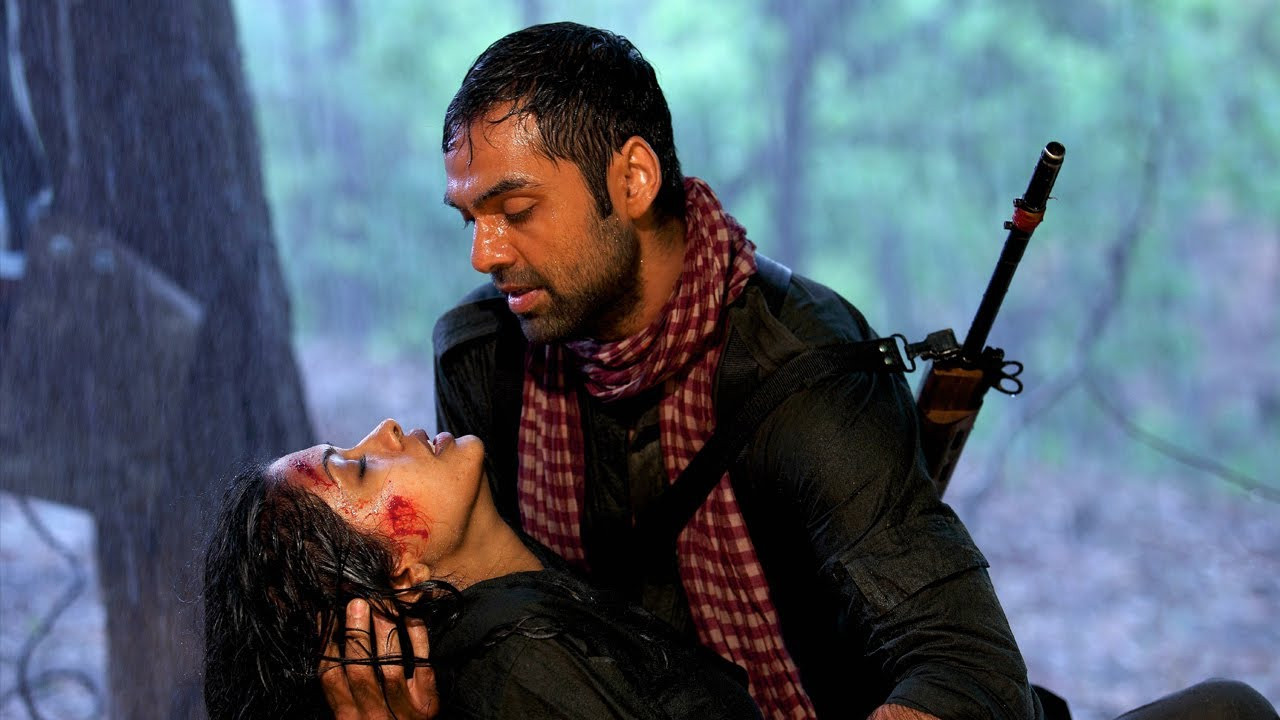
In the politically charged film directed by Prakash Jha, Adil Khan (Arjun Rampal), a distinguished police officer, is assigned to the volatile region of Nandighat following the deaths of 84 policemen and CRPF soldiers. He soon discovers that the area is firmly under Maoist control, led by the enigmatic Rajan (Manoj Bajpayee). Despite his powerful position as SSP, Adil finds himself outmaneuvered at every turn.
Enter Kabir (Abhay Deol), Adil’s aimless yet loyal friend, who proposes a daring infiltration plan. However, as he delves deeper, he begins to empathise with the plight of the rural poor, displaced and exploited in the name of development. His growing bond with Juhi (Anjali Patil), a dedicated Maoist, deepens his internal conflict. Kabir is torn between his loyalty to Adil and his newfound understanding of the Naxalite cause. This gripping story thrusts Kabir into a labyrinth of moral dilemmas, where every choice has far-reaching consequences.
Maachis (1996)
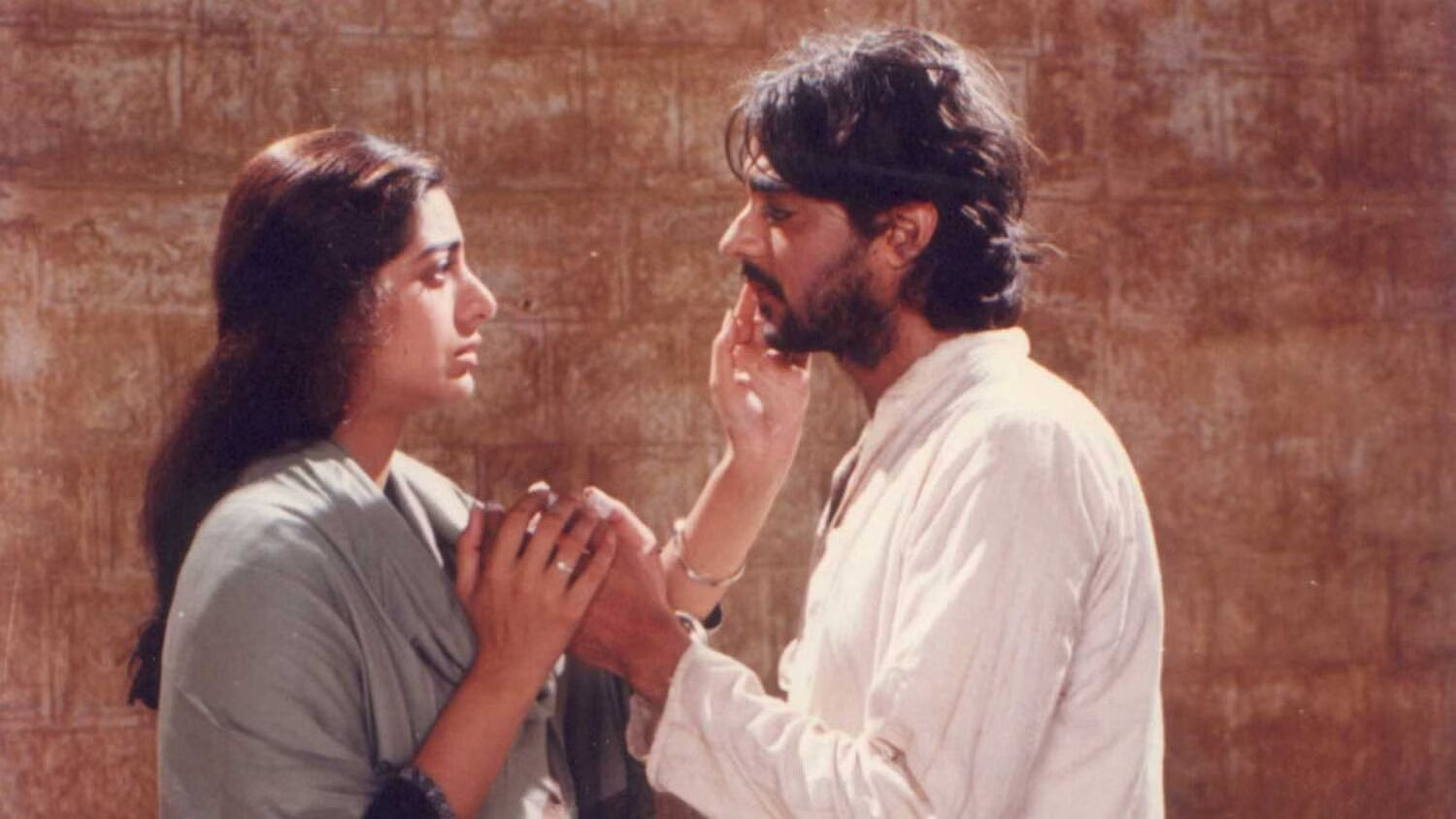
Amid the turbulent landscape of 1980s Punjab, Maachis delves into the violent aftermath of Operation Blue Star, Indira Gandhi's assassination and the 1984 Sikh Massacre. Written and directed by Gulzar, the narrative unfolds through flashbacks, centering on Jaswant Singh Randhawa, his sister Veerendar "Veeran," and their friend Kripal Singh. The peaceful lives of these villagers are shattered when Jaswant is brutally tortured by police for a prank. In his quest for justice, Kripal seeks out militant groups, led by the enigmatic Sanathan, to avenge his friend’s suffering.
Kripal's transformation from an innocent villager to a militant is driven by his struggle against a system that dehumanises and oppresses. As he integrates with the group, he learns the harsh realities of political and religious manipulation. Sanathan, a survivor of Partition and the anti-Sikh riots, epitomises the resistance against systemic injustices. Kripal’s mission to assassinate a corrupt police officer propels him further into the insurgent world, blurring the lines between right and wrong.
Haider (2014)
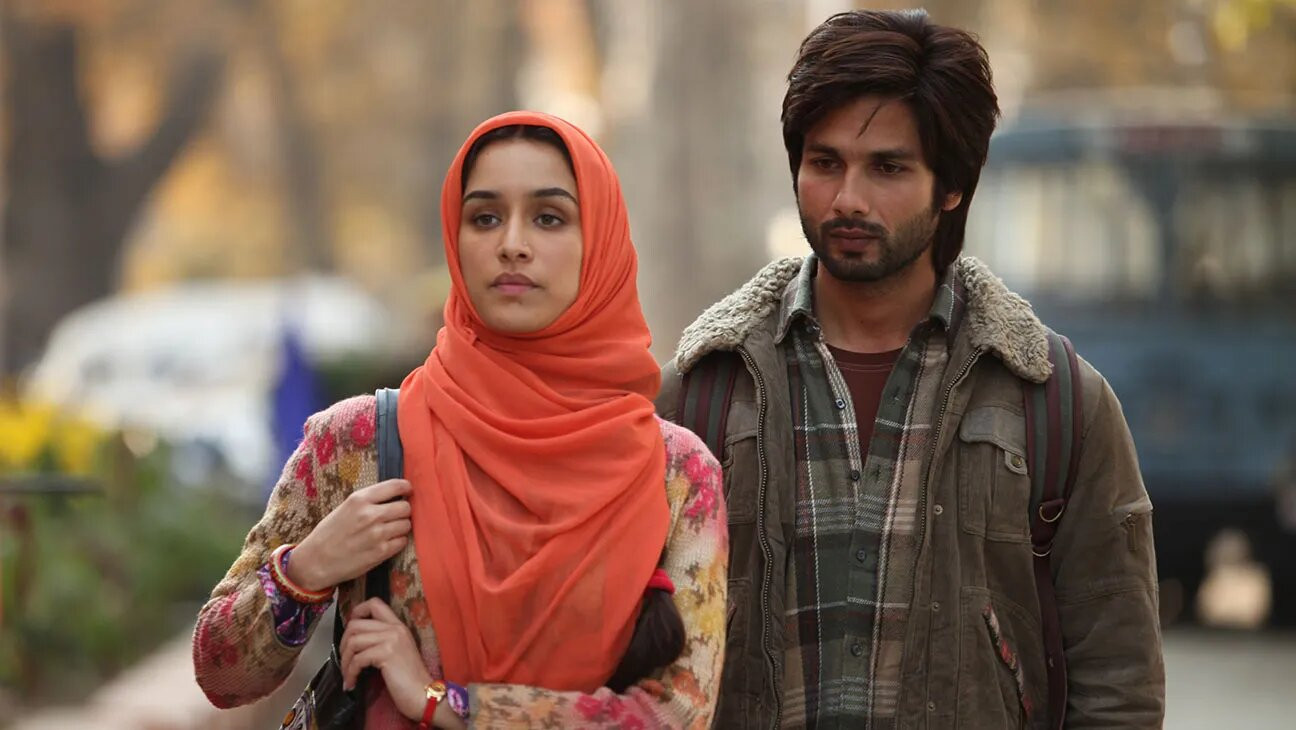
After composing the iconic soundtrack for Maachis, Vishal Bhardwaj would go on to direct Haider, set in the insurgency-ridden Kashmir of 1995, is a poignant adaptation of Shakespeare's Hamlet. The story begins with Dr Hilaal Meer performing an emergency appendectomy on a militant leader, leading to his arrest during a military raid. His son, Haider (Shahid Kapoor), returns from university to find his father missing and his mother, Ghazala (Tabu), disturbingly close to his uncle, Khurram (Kay Kay Menon).
Haider’s quest for truth leads him to Roohdaar (Irrfan Khan), who reveals that Khurram betrayed Hilaal to the authorities. Enraged, Haider spirals into a cycle of madness and vengeance, publicly denouncing the government and the Armed Forces Special Powers Act (AFSPA). His actions culminate in a tragic showdown that tests his moral boundaries and the very fabric of familial loyalty.
Firaaq (2008)
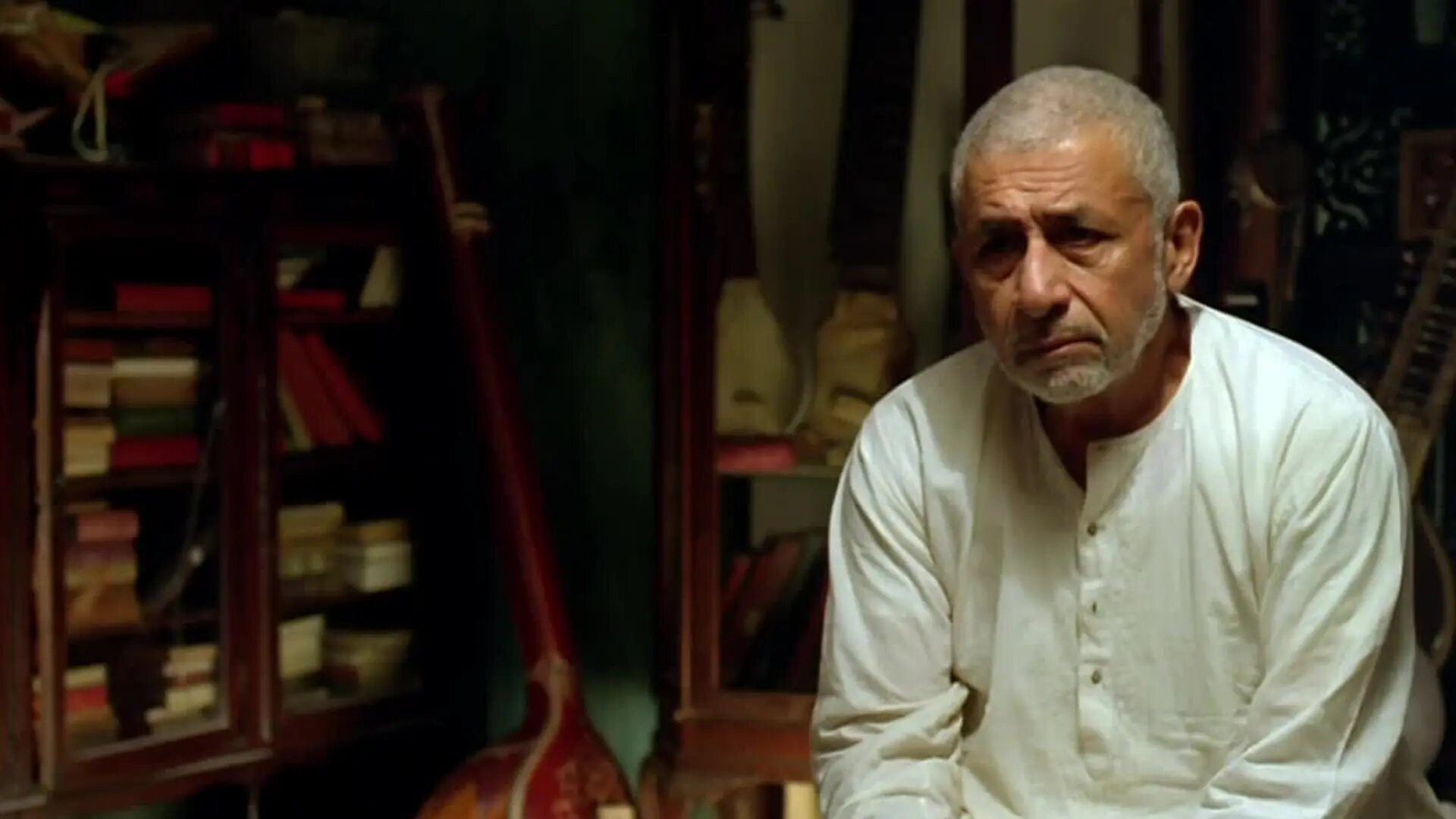
Marking the directorial debut of actor Nandita Das, Firaaq explores the devastating 2002 Gujarat riots. The film unfolds over 24 hours, capturing the aftermath that left more than 900 Muslims and 300 Hindus dead, and thousands homeless.
Among the characters is Khan Saheb (Naseeruddin Shah), an elderly Muslim classical vocalist who remains blissfully ignorant of the chaos until he sees the destruction of a shrine. His servant, Karim Mian (Raghubir Yadav), tries to make him aware of the community’s plight. Aarti (Deepti Naval), a Hindu housewife, is haunted by her inaction during the riots and seeks redemption upon finding Mohsin, a Muslim orphan.
Muneera (Shahana Goswami) and her husband Hanif (Nawazuddin Siddiqui) return to a looted and burnt home, fueling their desire for vengeance. Hanif and other Muslim men search for a gun to retaliate. Interreligious couple Sameer Shaikh (Sanjay Suri) and Anuradha Desai (Tisca Chopra) decide to flee to Delhi after their store is burnt, facing familial and societal tensions over Sameer's Muslim identity - a nuanced depiction of communal strife that seems unfathomable in India’s present-day climate.
Yuva (2004)
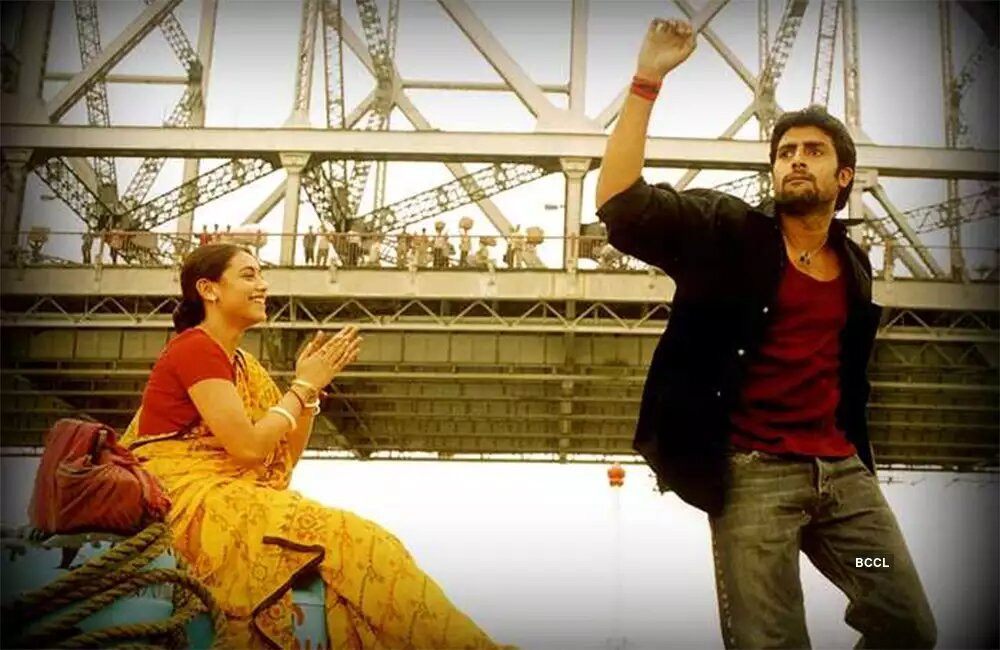
Yuva, directed by Mani Ratnam, examines political dissent by centring the youth. Lallan Singh (Abhishek Bachchan) shoots Michael "Mike" Mukherjee (Ajay Devgn), causing him to fall off the Vidyasagar Setu, witnessed by Arjun Balachandran (Vivek Oberoi). The story then unfolds in a series of flashbacks, revealing the intertwining lives of the three protagonists.
Lallan, a goon from Bihar, settles in Kolkata to work for the corrupt politician Prosenjit Bhattacharya (Om Puri). He marries and abuses his wife, Shashi (Rani Mukerji), while carrying out violent tasks for Prosenjit. Michael, a passionate student leader, opposes political interference in college elections. Arjun, a carefree youth planning to move to the US, finds his life turned upside down after witnessing Michael's attack. His burgeoning relationship with Meera (Kareena Kapoor) grounds him, and he eventually joins Michael's political cause.
Have something to add to the story? Share it in the comments below.
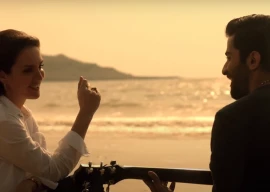

1730355716-0/Copy-of-Untitled-(59)1730355716-0-270x192.webp)
1730276684-0/Copy-of-Untitled-(55)1730276684-0-270x192.webp)
1730095495-1/WhatsApp-Image-2024-10-28-at-11-04-18-(1)1730095495-1-270x192.webp)
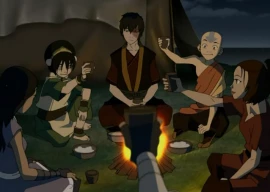









COMMENTS
Comments are moderated and generally will be posted if they are on-topic and not abusive.
For more information, please see our Comments FAQ